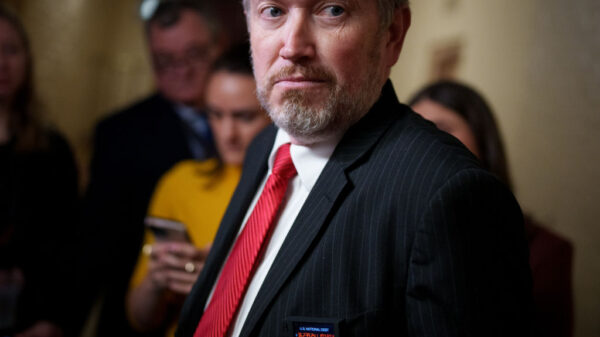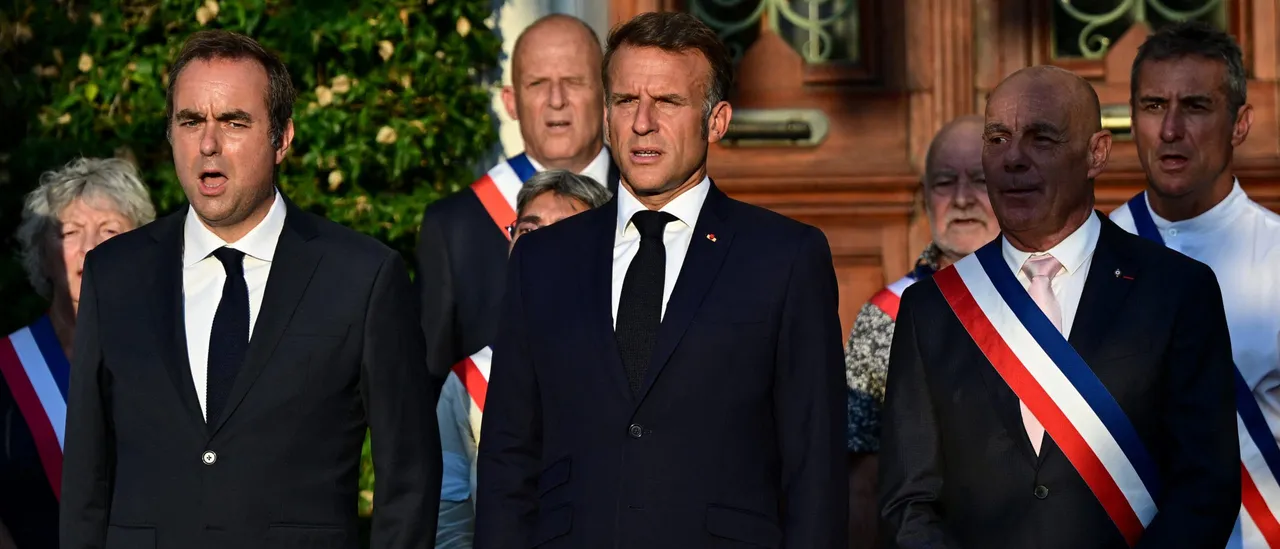French Prime Minister Sébastien Lecornu resigned on September 11, 2025, just 14 hours after unveiling his cabinet, marking the shortest tenure for a prime minister in France’s history since the establishment of the Fifth Republic in 1958. Lecornu, who was appointed to the role on September 9, faced immediate pressure from conservative factions in the legislature, ultimately leading to his swift departure from office.
Lecornu’s resignation follows a turbulent period marked by significant political divisions within the French National Assembly. This legislature, comprising 530 members, includes over 320 representing far-left and far-right positions, complicating any attempts at bipartisan governance. His government will continue to function until President Emmanuel Macron appoints a successor, which could involve either naming a sixth prime minister since his reelection in 2022 or calling for early legislative elections.
In the wake of Lecornu’s resignation, Marine Le Pen, leader of the far-right National Rally, urged Macron to dissolve the National Assembly. “There is no solution, there won’t be one tomorrow: I call on the President of the Republic to dissolve the National Assembly,” Le Pen stated on social media platform X. This call reflects the growing frustration among opposition parties regarding the current political landscape.
Lecornu’s government faced immediate challenges, particularly after a bloc of 50 conservative lawmakers rejected his nomination of Bruno Le Maire as defense minister. Le Maire, who previously served as economy and finance minister, had been criticized for contributing to a rising deficit during his tenure from 2017 to 2024. The announcement of cabinet appointments included several members from the previous administration, which lost a vote of no confidence just last month.
Critics, including Bruno Retailleau, leader of the center-right Les Républicains, argued that the new government did not adequately represent the change promised by Macron. Retailleau expressed his discontent on social media, emphasizing that the cabinet’s composition failed to reflect a necessary political break.
As the situation unfolded, Lecornu was given a tight deadline of 48 hours to salvage his government. Macron reportedly approved final negotiations to seek cooperation from opposition parties. “I have accepted, at the request of the President of the Republic, to hold final discussions with the political forces for the stability of the country,” Lecornu announced. He indicated he would inform Macron by Wednesday evening whether a viable government agreement could be reached.
The rapid collapse of Lecornu’s government underscores the deep political rifts in France, raising significant questions about the future direction of the Macron administration. The pressure from both the political left and right highlights the challenges faced by any leader in navigating the complexities of contemporary French politics. As the nation awaits a new prime minister, the implications of this political upheaval could resonate through legislative processes in the months to come.







































































